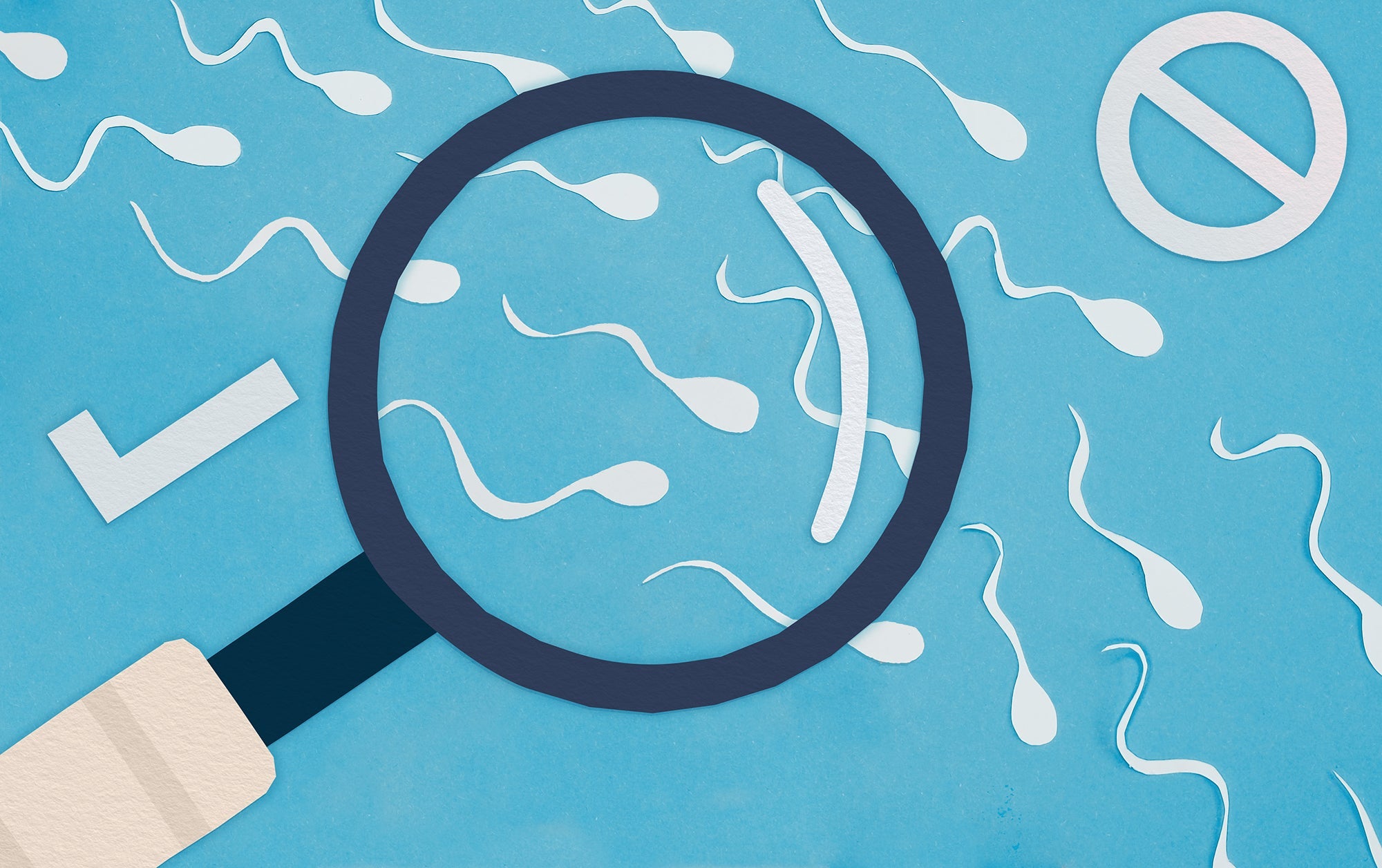

Male Fertility – How To Support The Swimmers
Male infertility is an area that is tremendously ignored and underappreciated. All too often the weight of creating a family is placed on the woman’s shoulders, coming from internal or external pressures, and the whole other giant piece of the equation isn’t given anywhere near the same amount of attention.
The reality is, that 50% of fertility challenges for couples can be attributed to male factor fertility issues. And male fertility rates are declining at a rapid rate globally.
Male fertility is a reflection of a man’s overall health, just as the menstrual cycle is a reflection of a woman’s overall health.
There are several causes of male infertility ranging from physiological, environmental, epigenetic and genetic issues. However, one thing all these have in common is inflammation.
Reducing inflammation and increasing antioxidant capacity for the sperm cells will always be a foundational starting point for improving sperm health!
Common causes of male infertility:
- Infections, inflammatory conditions and autoimmune conditions
- Varicocele
- Hypogonadism
- Chromosomal abnormalities/genetic abnormalities
- Hormonal factors (high exogenous testosterone, high oestrogen)
- Diabetes
- High homocysteine
- Radiation (mobile phones, laptops close to testicles)
- Smoking
- Alcohol
- Caffeine
- Cannabis
- Certain medications
- Nutritional status
- Endocrine-disrupting chemicals (EDCs)
- Seminal microbiome status
- Paternal age
As you can see, there are many different and varied factors to consider that can influence sperm health and have an impact on fertility.
A semen analysis provides good insight into sperm health, giving a snapshot of:
- Volume
- Sperm concentration
- Total sperm count
- Motility
- Morphology
- Vitality
- Anti sperm antibodies
- Seminal pH
All this is great information to have! AND, it’s not everything. A semen analysis can come back within “normal” ranges and yet the seminal microbiome can be impaired, DNA fragmentation can be high and there can still be inflammation present.
If you have received a big tick next to your semen analysis, and you’re struggling to conceive as a couple, you’re not out of the woods just yet. More than just the semen analysis can be explored when evaluating male fertility. Especially if there is “unexplained infertility”, recurrent pregnancy loss, and repeated IVF and/or ICSI failures.
How to support sperm health?
There are many different things to consider when supporting and optimising sperm health. And luckily, sperm cells are very responsive to their environment, when in an optimal environment, they thrive!
Below are some ways to get started with supporting sperm health:
- Eating a nutrient-dense, whole food, blood sugar-balancing diet
- Correcting nutrient deficiencies
- Reducing/avoiding caffeine
- Reducing/avoiding alcohol
- Avoiding smoking cigarettes, vaping and cannabis
- Avoiding recreational drug use
- Reducing/avoiding exposing the testicles to high heat, eg. saunas, phones and laptops near the lap.
- Reducing stress levels
- Optimising sleep: aiming for 8 hours per night
- Supporting dental health: oral health has been shown to correlate with sperm health and fertility
- Exercise: regular but not excessive exercise. Eg. High-intensity running has been correlated with decreases in sperm parameters.
Some specific nutrients to support sperm health
Whilst all of these nutrients can be taken as supplements, not all of these need to be taken necessarily. Receiving practitioner guidance can be helpful here to ensure you are taking the correct doses, forms and quality to enhance sperm health, and of course, what YOU actually need. All these nutrients can be optimised through diet, which should always be the first port of call!
Zinc
One of the best-studied minerals for sperm health. Supports sperm count and morphology.
Selenium
Antioxidant protects sperm cells against oxidative stress
B Vitamins
Supports methylation and improves sperm count, hormonal regulation, and mitochondrial and immune function.
Vitamin C & E
Antioxidants can improve DNA fragmentation, and higher pregnancy rates are seen when taking both vitamins C & E.
Vitamin D
Low vitamin D negatively impacts semen and hormone function.
CoQ10
Supports mitochondrial function and DNA quality.
N-acetylcysteine (NAC)
Antioxidant reduces oxidative stress, thin out viscous semen, and supports hormonal regulation and liver detoxification.
Alpha Lipoic Acid
Antioxidant that supports sperm count and progressive motility.
Omega 3
Supports sperm cell membranes, and improves sperm count/motility/morphology and DNA fragmentation.
At Kyri Cycles we are here to remind you that if you’re on your fertility journey, it is a team effort. Working together as a couple to improve your overall health and improve both egg and sperm quality gives you the best chance at conceiving and bringing your new baby into the world. And luckily, there are so many different ways to support both male and female fertility!
Author
Lauren Curtain
Lauren Curtain is a registered Chinese medicine practitioner, women's health focused acupuncturist and herbalist. She centres her practice around supporting women to navigate their hormones, menstrual cycles and fertility using a combination of education (all the women’s health info you didn't get in high school), acupuncture, herbal medicine, nutrition and lifestyle support. Lauren believes every woman has the right to know how her body works, and what she can do to optimise not only her reproductive health, but whole body health. Lauren has seen firsthand with her patients the dramatic improvements that can be made to reproductive health through simple, inexpensive, non-invasive techniques and firmly believes symptomatic periods and menstrual cycles can be a thing of the past and we can embody a thriving fertile life.
